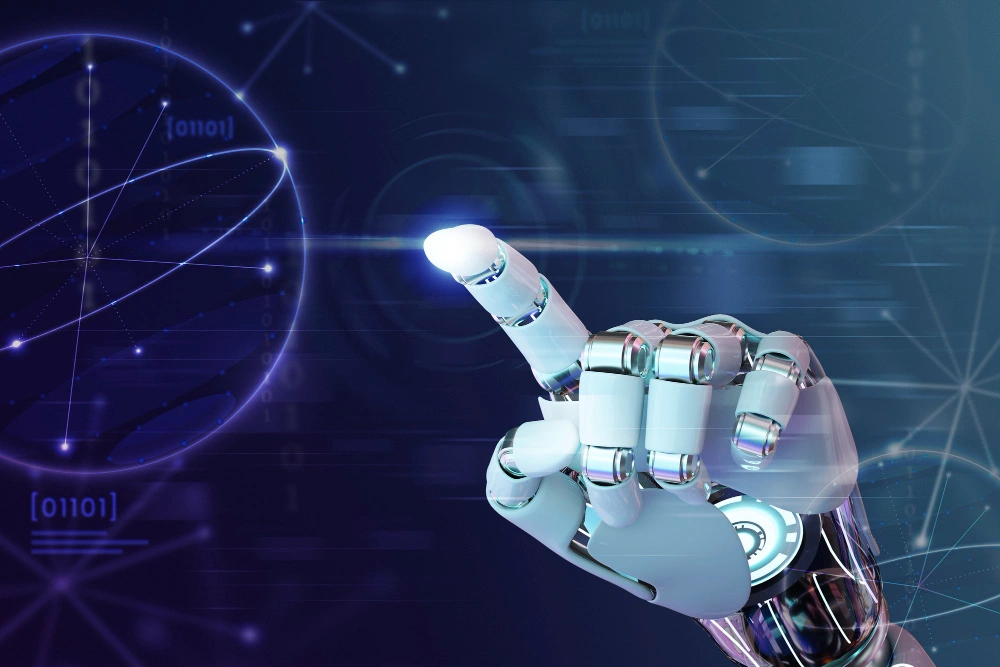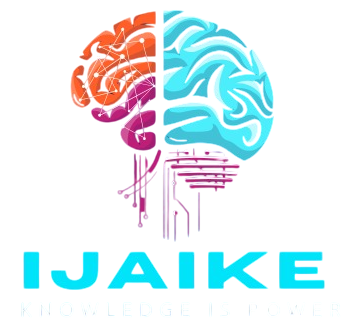Knowledge Engineering

What is Knowledge Engineering (KE)
Knowledge engineering is a crucial field within artificial intelligence (AI), focused on emulating the reasoning and decision-making processes of human experts in specialized domains. By establishing structured rules and logical frameworks, KE enables AI systems to analyze, interpret, and reach conclusions much like a human expert would.
Core Concepts of Knowledge Engineering
- Knowledge-Based Systems (KBS):Computer programs that use structured knowledge and inference mechanisms to tackle complex problems. These systems explicitly represent knowledge and apply reasoning methods to derive new insights.
- Expert Systems:AI-driven systems designed to replicate the decision-making ability of specialists, using if–then rule-based reasoning rather than conventional procedural programming.
- Knowledge Engineering vs. Knowledge Management:While knowledge management focuses on organizing and directing knowledge processes, knowledge engineering develops the methods and structures necessary to implement those processes effectively.
Industry Applications & Significance
With knowledge increasingly recognized as a critical asset for organizations, KE plays a pivotal role in industries such as healthcare, finance, manufacturing, and cybersecurity. Companies rely on KE-driven systems to automate decision-making, optimize business processes, and enhance strategic insights.
Leading Methodologies
CommonKADS is one of the most widely adopted structured methodologies for knowledge analysis and system development. Validated through extensive industry research, CommonKADS has become a de facto standard in Europe, the US, and Japan, helping organizations formalize and optimize AI-driven knowledge engineering strategies.
As technology advances, our smart products—ranging from wireless devices and mobile phones to computers and TVs—are becoming increasingly intelligent while simultaneously shrinking in size. This transformation is largely driven by the growing integration of artificial intelligence (AI) and knowledge engineering (KE), which enable the development of sophisticated features, logic, and adaptive behaviors. Across computer science research communities, ongoing debates continue to emphasize the critical role AI and KE play in shaping a more intelligent, efficient, and competitive business landscape.
In recent years, traditional product development methodologies have evolved significantly, incorporating AI-driven and generative knowledge-based techniques to streamline processes, resolve inefficiencies, and boost productivity. These cutting-edge approaches have opened doors to a wide range of applications—not only in the well-established domain of New Product Development (NPD), but also across emerging fields such as education, urban planning, manufacturing, governance, and healthcare.
Today, leading organizations in the U.S. and across the globe are harnessing AI and knowledge engineering tools, techniques, and process frameworks to gain strategic advantages. By adopting these innovations, businesses are enhancing their collaborative development efforts, strengthening global competitiveness, and positioning themselves as leaders in an era defined by intelligent systems and data-driven decision-making.


The Future of Knowledge Engineering
As AI technologies advance, knowledge engineering is evolving from an art and craft into a refined scientific discipline. Its role in intelligent automation, expert systems, and cognitive AI continues to expand, redefining how businesses and society leverage AI for efficient decision-making and strategic innovation.


